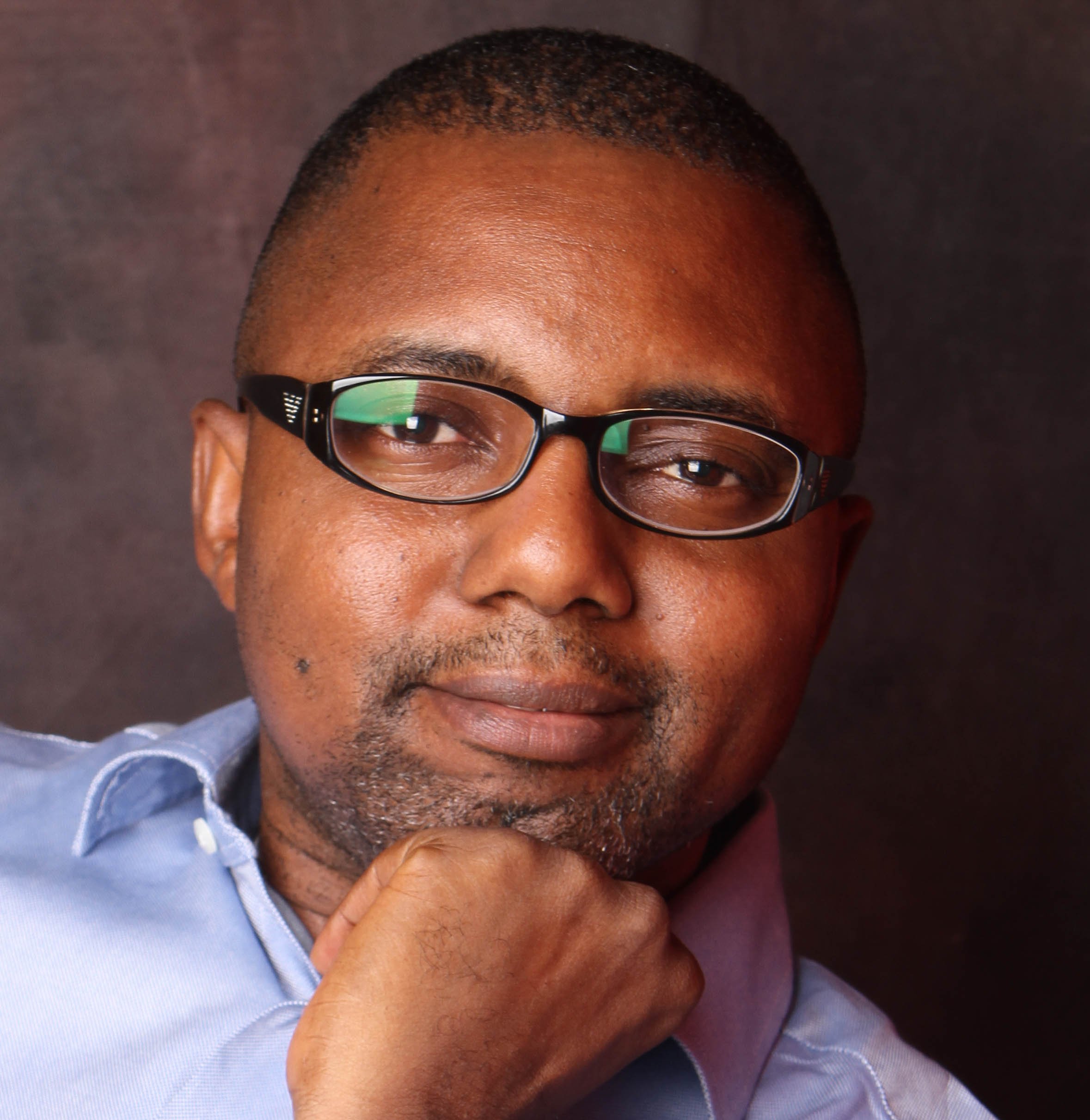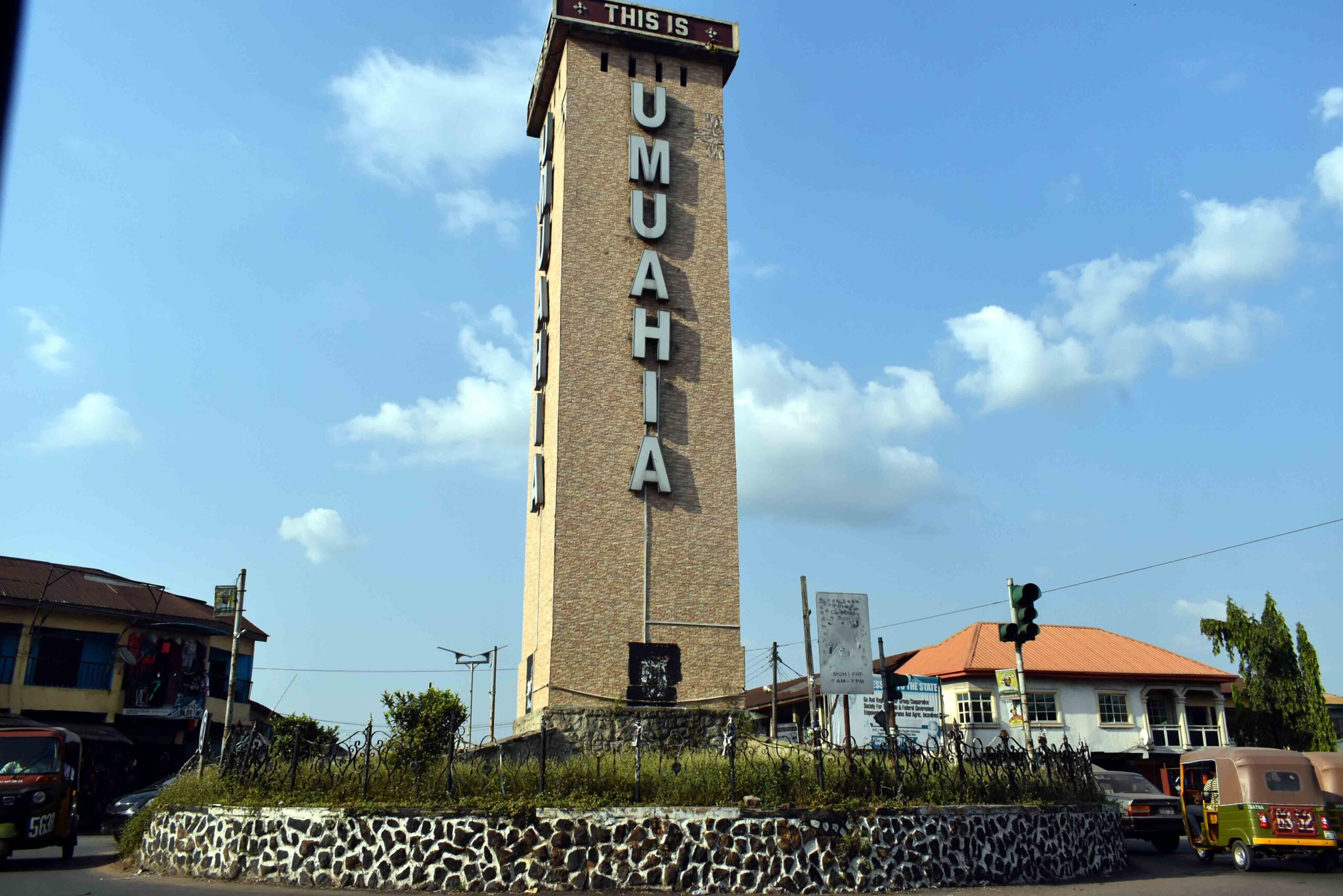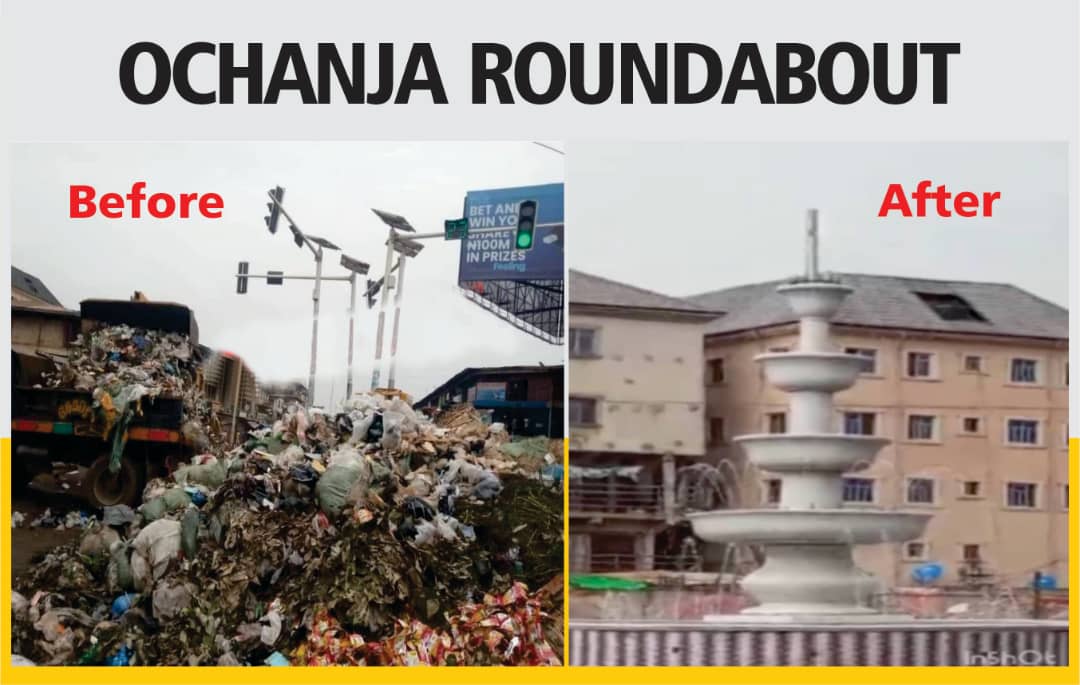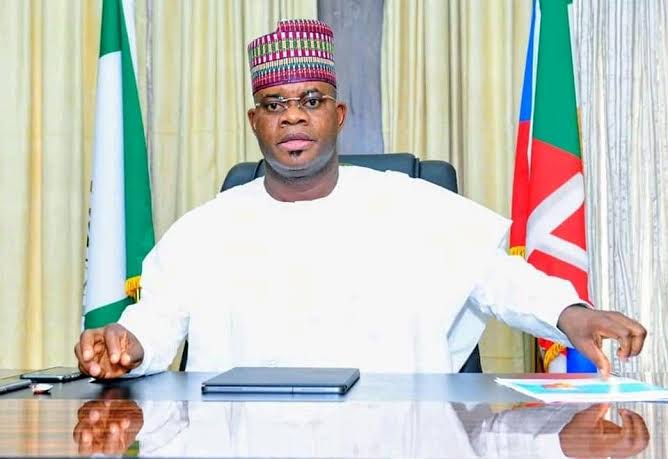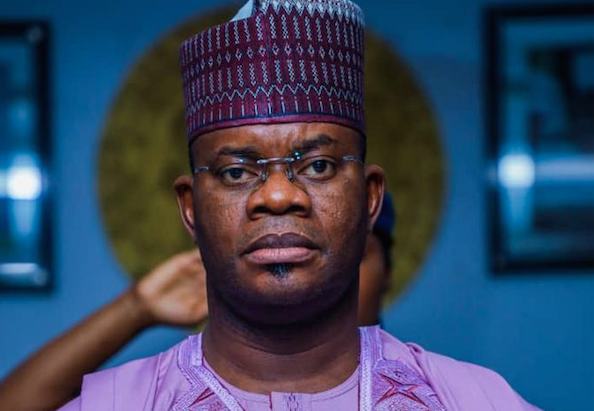There is a lot to like about the feel good stories coming out of Abia State in recent months. The Governor, Alex Otti, seems a sure footed man in a hurry. He arrived in office clutching a powerful resume from long years in the corporate world. Through this, he has leveraged his expansive network and goodwill to draw in some notable personalities to serve on a few high powered advisory committees. He’s got busy with road construction and environmental sanitation. He is prioritising security of lives and property. Under him, a long awaited electricity generation plan has seen the light of day (pun unintended). Some naysayers say it’s more PR than real outcomes. The early signs suggest otherwise.
But there’s another reason why Abia is likeable. It is the twin city structure of the State. It is the fact of the diversification of resources and development between two major cities. Umuahia is the administrative Capital. It is where the Government sits, along with all the trappings that come with it. Then there is Aba, the Enyimba City. That’s where Commerce thrives. Ask anyone to name a city in Abia and they are likely to name Aba before Umuahia. Many may erroneously think Aba is the capital of Abia.
This likeability is even more impressive because various Abia State Govts, since 1999, have encouraged this “dual capital” nature of the State. It started with Orji Uzor Kalu, the Governor from 1999 to 2007, who placed Enyimba Football Club of Aba on the continental map. With decent support, funding, and stadium expansion, the team became the first Nigerian club side to win the African Champions League in 2003. They retained the title in 2004. The halo effect of Enyimba FC’s feat robbed off tremendously on the City of Aba.
Kalu’s successors have continued on this path, with priority shifting ever so slightly to leveraging Aba’s famed market. Over the years, they have positioned Aba as the factory of the South East, if not the whole of Nigeria. “Made in Aba” is no longer something to hold the nose at. The quality coming out of its production lines, from clothing to shoes to belts and other ancillary leather products, are getting increasingly better. With more investments, especially in branding and quality assurance, the West African market beckons.
Advertisement
The benefits of having 2 major centres of development in Abia are obvious. These include greater opportunities for businesses; more employment opportunities for the people; and increased external investments. Other benefits include the diversification and multiplication of infrastructure development, thus ensuring that more citizens benefit; and the multiple options it offers, which gives it competitive advantage in the constant pursuit of investments. All of these will ultimately drive economic development and put smiles on the faces of more people in the State.
Virtually all our States need to learn something from Abia. Apart from Anambra where Onitsha is almost as prominent as Awka the Capital, and Lagos that is built up from end to end, every other state is mono Capital. Take Oyo State. Its Capital city, Ibadan, dominates in virtually everything. It is the seat of the Oyo State Government, centre of commerce and industry (what little there is) in the State. In the past couple of decades, cities like Ogbomoso, Oyo, and Eruwa have all struggled to get their heads above water.
Other States are not better. Kano is all about Kano. There’s no other city in Rivers State outside of Port Harcourt. Ilorin dominates Kwara – despite the presence of historical cities like Offa. Borno, especially since the insurgency that ravaged it for over a decade, has effectively become a Maiduguri enclave. One could go through over 30 of our 36 States and the story will be repeated in all of them.
Advertisement
Our founding fathers envisaged something different. They expected growth to be spread out, cities developing on the basis of their competitive advantages and competition between regions and states driving innovation and development. They expected an American-style situation where New York City is the greatest city and Albany, the State Capital of New York State, is far flung and uninteresting; where Austin, the Capital of Texas, is a mid-sized town compared to behemoths like Houston and Dallas in the same State.
Instead, through the years, political leaders have conspired to dump all development eggs of our States in the Capital city baskets. They delight in building flyover bridges that serve little purpose while ignoring critical access roads that link major centres of commerce with their rural tributaries. Today, across the country, the State Capitals are the beginning and end of political, economic, infrastructural and social development.
Part of the draw back with this mono-Capital culture is the never-ending clamour for States. With development ring-fenced in the State Capitals, those outside of the gates are left with little choice but to seek their own States. Thus, every National Assembly circle, proposals for States creation form a loud part of the demands to amend the Constitution.
But the greatest side effect of the current state of affairs is the degradation that is visited on cities, towns and communities away from the State Capital. As investments in the capital expands, leading to shinny new roads and offices, little is left for the rest of the State. Take Osun State. Its capital, Osogbo, is forever expanding and growing. Conversely, historical cities like Ile-Ife, Ilesha, Ila-Orangun, and Iwo, are all near-comatose. Their roads and other public infrastructures are shambolic, and the faces of the people tell a tale of woe.
Advertisement
Abia State provides us with a template. It tells us that it is possible for States to spread development around. In Umuahia and Aba, Abia State has two cities that is shinning the light on how development can be spread around to the satisfaction of a greater number of people. May we learn the lessons it is freely giving us.
Chris Adetayo is a corporate executive and writes from Lagos
Views expressed by contributors are strictly personal and not of TheCable.
Add a comment
